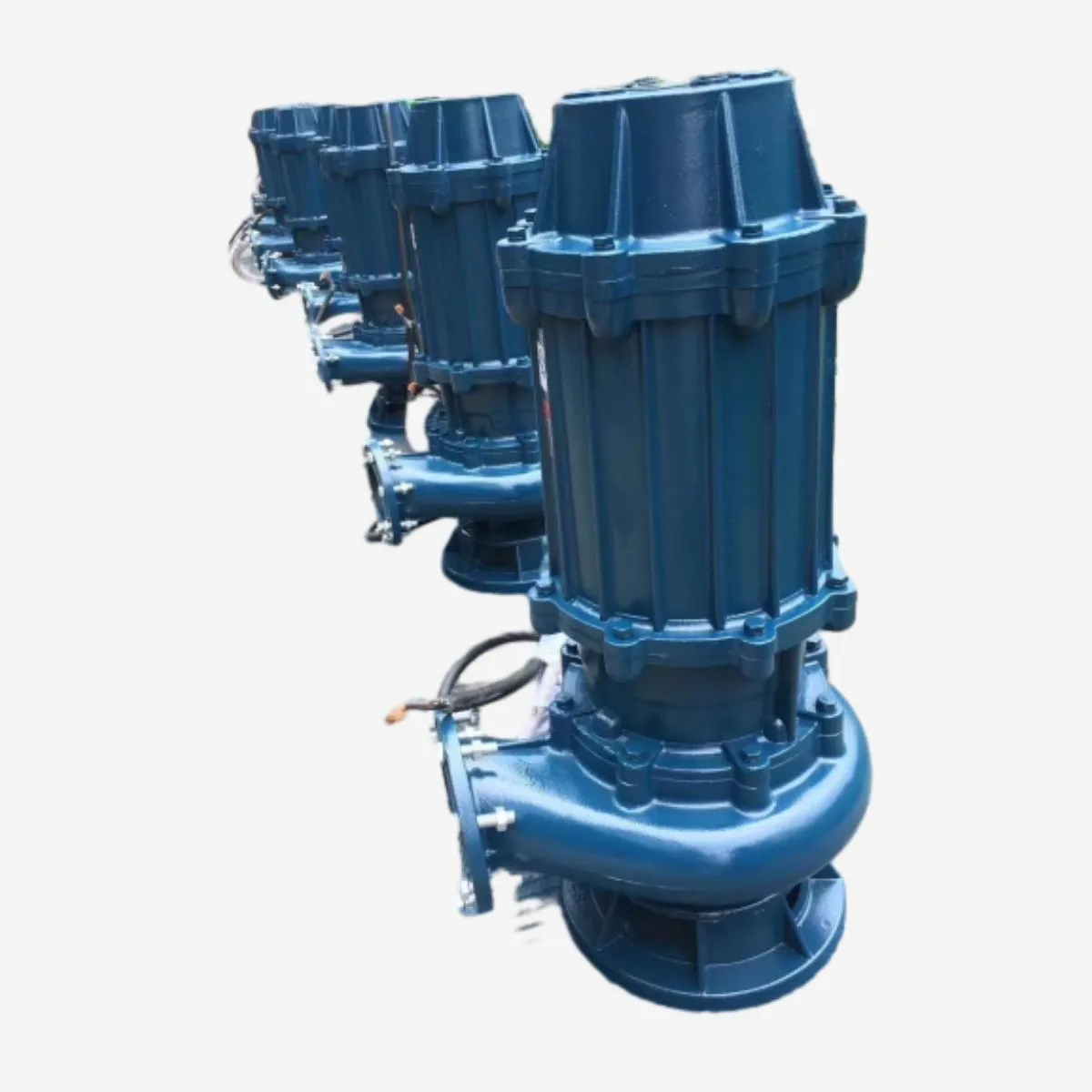Yoruba
- Afrikaans
- Albanian
- Amharic
- Arabic
- Armenian
- Azerbaijani
- Basque
- Belarusian
- Bengali
- Bosnian
- Bulgarian
- Catalan
- Cebuano
- Corsican
- Croatian
- Czech
- Danish
- Dutch
- English
- Esperanto
- Estonian
- Finnish
- French
- Frisian
- Galician
- Georgian
- German
- Greek
- Gujarati
- Haitian Creole
- hausa
- hawaiian
- Hebrew
- Hindi
- Miao
- Hungarian
- Icelandic
- igbo
- Indonesian
- irish
- Italian
- Japanese
- Javanese
- Kannada
- kazakh
- Khmer
- Rwandese
- Korean
- Kurdish
- Kyrgyz
- Lao
- Latin
- Latvian
- Lithuanian
- Luxembourgish
- Macedonian
- Malgashi
- Malay
- Malayalam
- Maltese
- Maori
- Marathi
- Mongolian
- Myanmar
- Nepali
- Norwegian
- Norwegian
- Occitan
- Pashto
- Persian
- Polish
- Portuguese
- Punjabi
- Romanian
- Russian
- Samoan
- Scottish Gaelic
- Serbian
- Sesotho
- Shona
- Sindhi
- Sinhala
- Slovak
- Slovenian
- Somali
- Spanish
- Sundanese
- Swahili
- Swedish
- Tagalog
- Tajik
- Tamil
- Tatar
- Telugu
- Thai
- Turkish
- Turkmen
- Ukrainian
- Urdu
- Uighur
- Uzbek
- Vietnamese
- Welsh
- Bantu
- Yiddish
- Yoruba
- Zulu
Telephone: +86 13120555503
Email: frank@cypump.com
Dec . 26, 2024 21:41 Back to list
chemical resistant centrifugal pump
Understanding Chemical Resistant Centrifugal Pumps
Centrifugal pumps are widely used in various industries for the transportation of fluids. Among the many types available, chemical resistant centrifugal pumps hold a significant place, especially in environments where corrosive or chemically aggressive fluids are handled. This article delves into the features, applications, and benefits of chemical resistant centrifugal pumps.
What is a Chemical Resistant Centrifugal Pump?
A chemical resistant centrifugal pump is specifically designed to handle hazardous fluids that might corrode or damage standard pump materials. These pumps utilize a rotating impeller to move fluid through the pump casing. As the impeller spins, it converts mechanical energy into kinetic energy, generating flow. The key distinction lies in the materials used in their construction; chemical resistant pumps are made from specialized alloys, plastics, or rubber compounds, providing health and safety benefits in demanding conditions.
Key Features
1. Material Compatibility The materials for chemical resistant centrifugal pumps often include stainless steel, polypropylene, and PVDF (polyvinylidene fluoride). These materials provide superior resistance to a wide range of chemicals, including acids, bases, and solvents.
2. Sealing Mechanisms To prevent leaks and contamination, chemical resistant pumps typically employ enhanced sealing technologies, such as mechanical seals. These are essential in processes where the purity of the transported fluid is critical.
3. High Efficiency Chemical resistant centrifugal pumps are designed for high efficiency while maintaining the ability to handle thick or viscous fluids. This efficiency leads to reduced operational costs and energy consumption.
4. Versatile Designs These pumps can be designed in various configurations, such as vertical or horizontal orientations, and can be integrated into existing systems with ease. This adaptability allows them to fit a wide range of operational setups.
Applications
Chemical resistant centrifugal pumps find applications across numerous industries due to their reliability and durability
. Some of the primary sectors includechemical resistant centrifugal pump

- Chemical Processing They are extensively used to transfer acids, caustics, and other aggressive chemicals in manufacturing processes, ensuring safe and efficient handling.
- Water Treatment In wastewater treatment plants and chemical dosing applications, these pumps are critical for maintaining safe levels of chemicals in the water supply.
- Pharmaceutical and Food Industry The purity and safety of transported fluids are paramount in these industries. Chemical resistant pumps facilitate the handling of cleaning agents and raw materials without contamination.
- Agriculture and Fertilizer Production These pumps are instrumental in transporting liquid fertilizers and pesticides, where exposure to corrosive substances can damage standard equipment.
Benefits
1. Safety The use of chemical resistant materials minimizes the risk of leakage and environmental contamination, ensuring a safer working environment for operators.
2. Longevity The robust construction of these pumps enhances their lifespan, reducing the need for frequent replacements and maintenance.
3. Cost-Effective While the initial investment may be higher, the long-term savings associated with reduced maintenance costs and increased efficiency often outweigh the upfront costs.
4. Environmental Protection By preventing spills and leaks, these pumps help in adhering to environmental regulations, promoting sustainable practices within organizations.
Conclusion
Chemical resistant centrifugal pumps play a critical role in the safe and efficient transport of hazardous fluids across various industries. With their specialized designs, advanced materials, and focus on safety, these pumps not only protect personnel and the environment but also ensure operational efficacy. As industries continue to evolve, the importance of chemical resistant pumps will only grow, leading to further advancements in technology and material science to meet the ever-changing needs of the market. Businesses prioritizing safety, efficiency, and environmental responsibility will find that investing in chemical resistant centrifugal pumps is a strategic choice in today’s industrial landscape.
-
Reliable Non-Clog Sewage Pumps with GPT-4-Turbo Tech
NewsAug.04,2025
-
High-Performance Air Pumps for Sand & Gravel | Efficient Transport
NewsAug.03,2025
-
ISG Series Vertical Pipeline Pump - Chi Yuan Pumps Co., LTD.|Energy Efficiency, Corrosion Resistance
NewsAug.03,2025
-
ISG Series Pipeline Pump - Chi Yuan Pumps | Energy Efficiency&Compact Design
NewsAug.03,2025
-
ISG Series Vertical Pipeline Pump - Chi Yuan Pumps Co., LTD.|High Efficiency, Low Noise, Durable
NewsAug.02,2025
-
ISG Series Vertical Pipeline Pump - Chi Yuan Pumps | High Efficiency, Low Noise
NewsAug.02,2025










